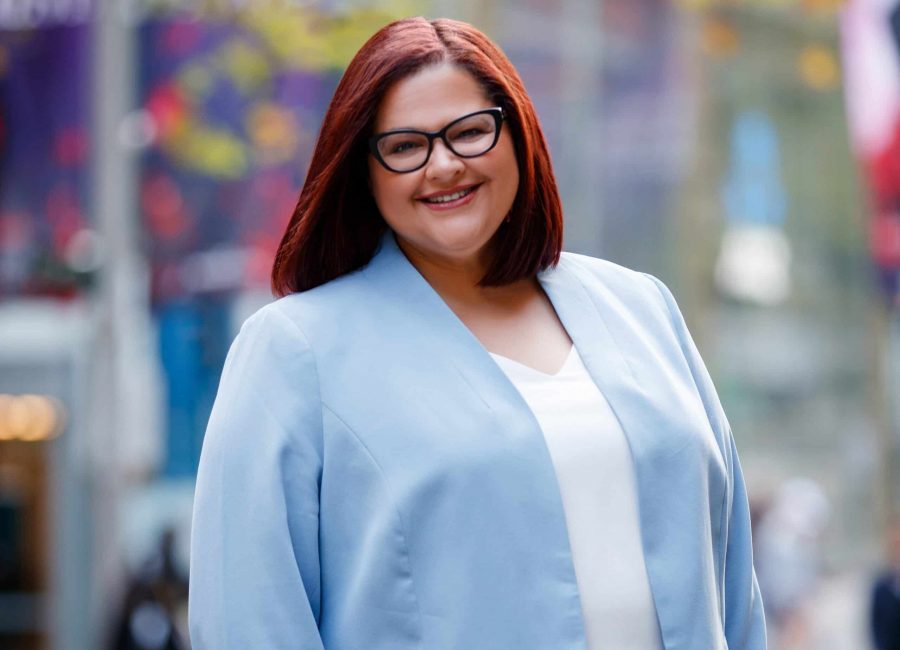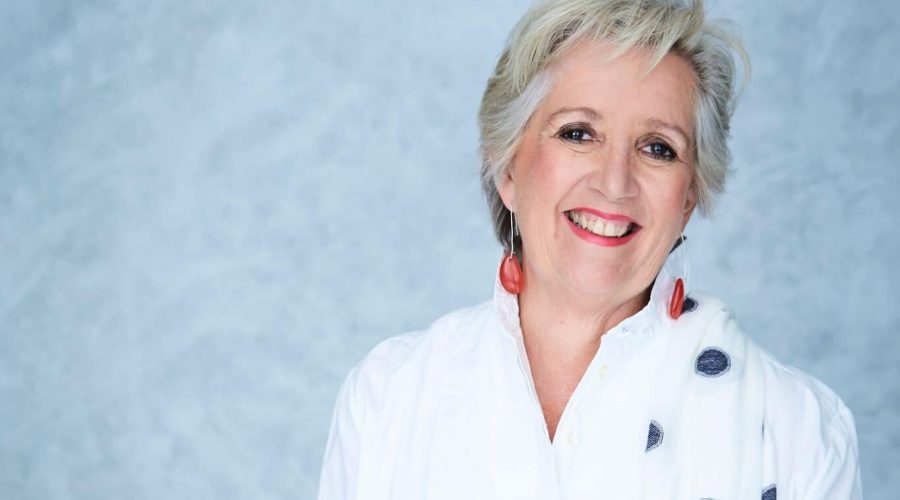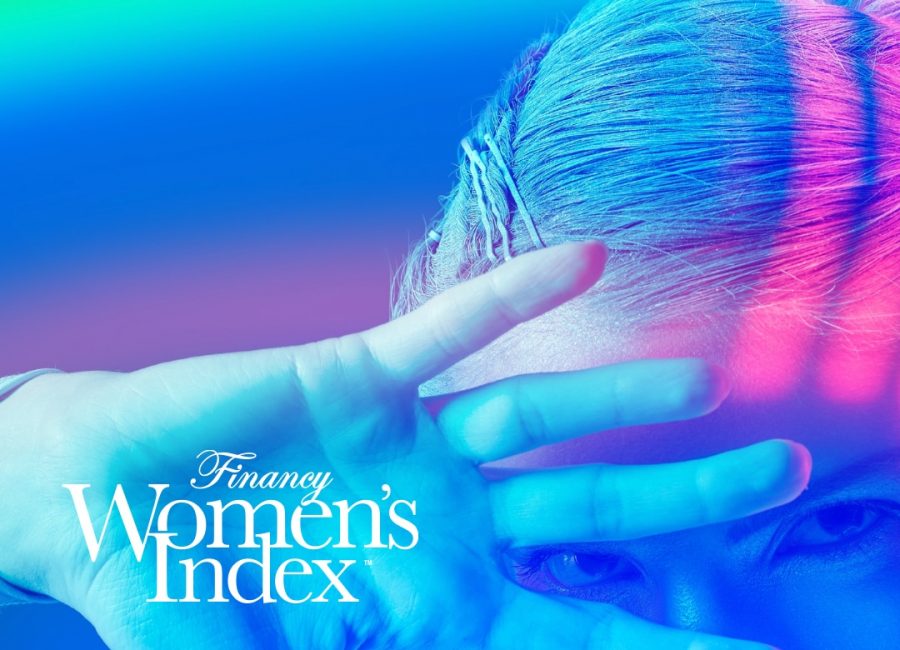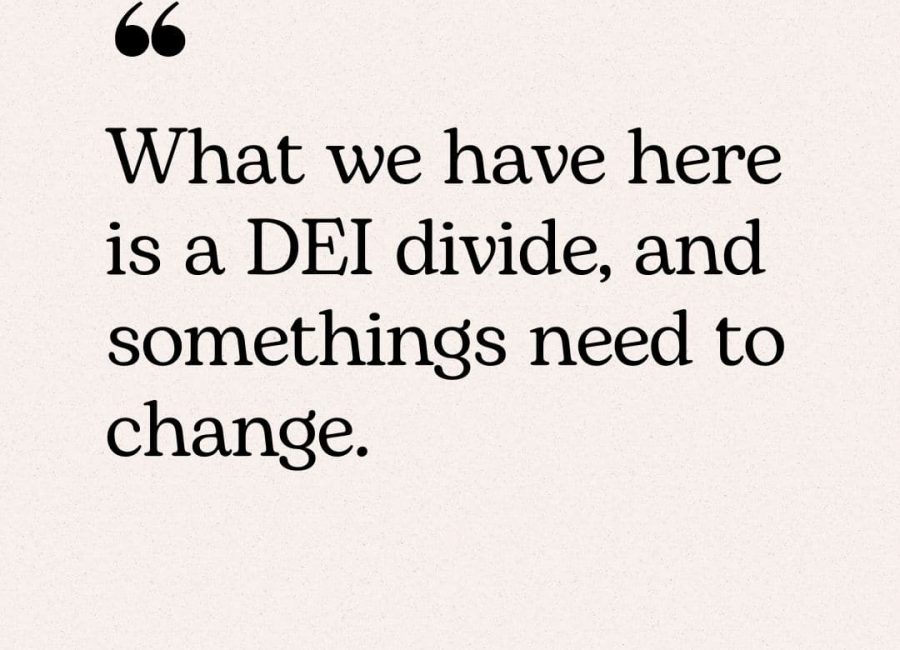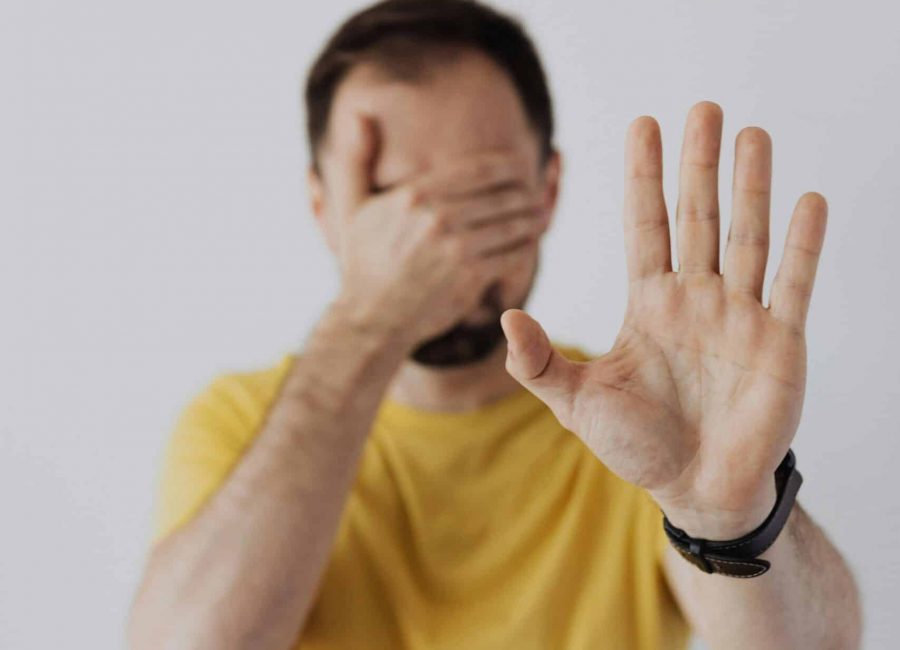Jane Caro is a guest contributor of Financy and is a key spokesperson on gender equality issues.
The marmalade has been washed off the bedsheets, the fluffy slippers are under the bed, the cheap perfume is in the bathroom cupboard, next to the bottles from previous years, and the kitchen appliance is right where it should be – wrapped around your husband’s
neck.
Mother’s Day is over for another year and so it’s back to the unpaid drudgery of being a life-support system/domestic servant for your family, on top of the not-very-well-paid work you also do.
Breakfast in bed was lovely, if it wasn’t for the extra laundry the kid’s kindly meant efforts caused, and the takeaway Thai for dinner, while not exactly romantic, meant at least you didn’t end yet another exhausting day staring at the fridge wondering what on earth
you’d cook for dinner – that everyone would actually eat!
I am writing this on May 13, 2022 but, frankly, I could have written exactly the same words any May 13 over the last half century and they’d be just as relevant.
When it comes to women’s lives, particularly after they have had children, nothing much has really changed in terms of equality.
Yes, there have been some glacial improvements, according to Financy’s latest Women’s Index – the gender super gap has closed a bit – but men have recovered more quickly from the financial impacts of COVID in terms of employment and we are still going to have to wait 59 years for gender equality around paid and unpaid work. Too late for me, folks.
The Motherhood Penalty – where women take a measurable financial hit after having children and never recover from it – and the Fatherhood Benefit – where men’s earning power actually increases after they do – remains stubbornly in place.
And it is this – the downward financial impact of childbearing and rearing that predisposes so many women to poverty and homelessness as they age.
What has changed, and with a vengeance, is the way women think about their own lives.
Once we accepted our lot and tried hard to convince ourselves that Mother’s Day made every other day worth enduring. Today, at last, we’ve given that shit up.
Ever since 2017 and the extraordinary #Metoo phenomenon, women have been in a state of barely contained fury.
In Australia, after revelations about the treatment of Brittany Higgins in parliament – her place of work – fanned by our tone-deaf PM’s reaction to them – our anger exploded onto the streets as 100,000 women marched demanding action.
In the 12 months since, none has been taken, except by women themselves.
To the horror of the mostly male political class, women are standing for office, not only in numbers never seen before, but as independent or – in my own case – for women-founded and centred minor parties.
They are beholden to the approval of no man, apart from male voters.
I draw a direct line from the painfully slow progress on the financial rewards – or lack thereof – available to our best educated citizens (aka women), and the rise of the Independents and their armies of teal-clad supporters.
Maybe May 21 will also be Mother’s Day, as women – and some men – voters see off this profoundly misogynistic and paternalistic government and take their rightful places in the corridors of power at last.
Financy is a fearless believer in economic equality, which uses data insights to accelerate progress and support organisational efforts in diversity, equity & inclusion.
